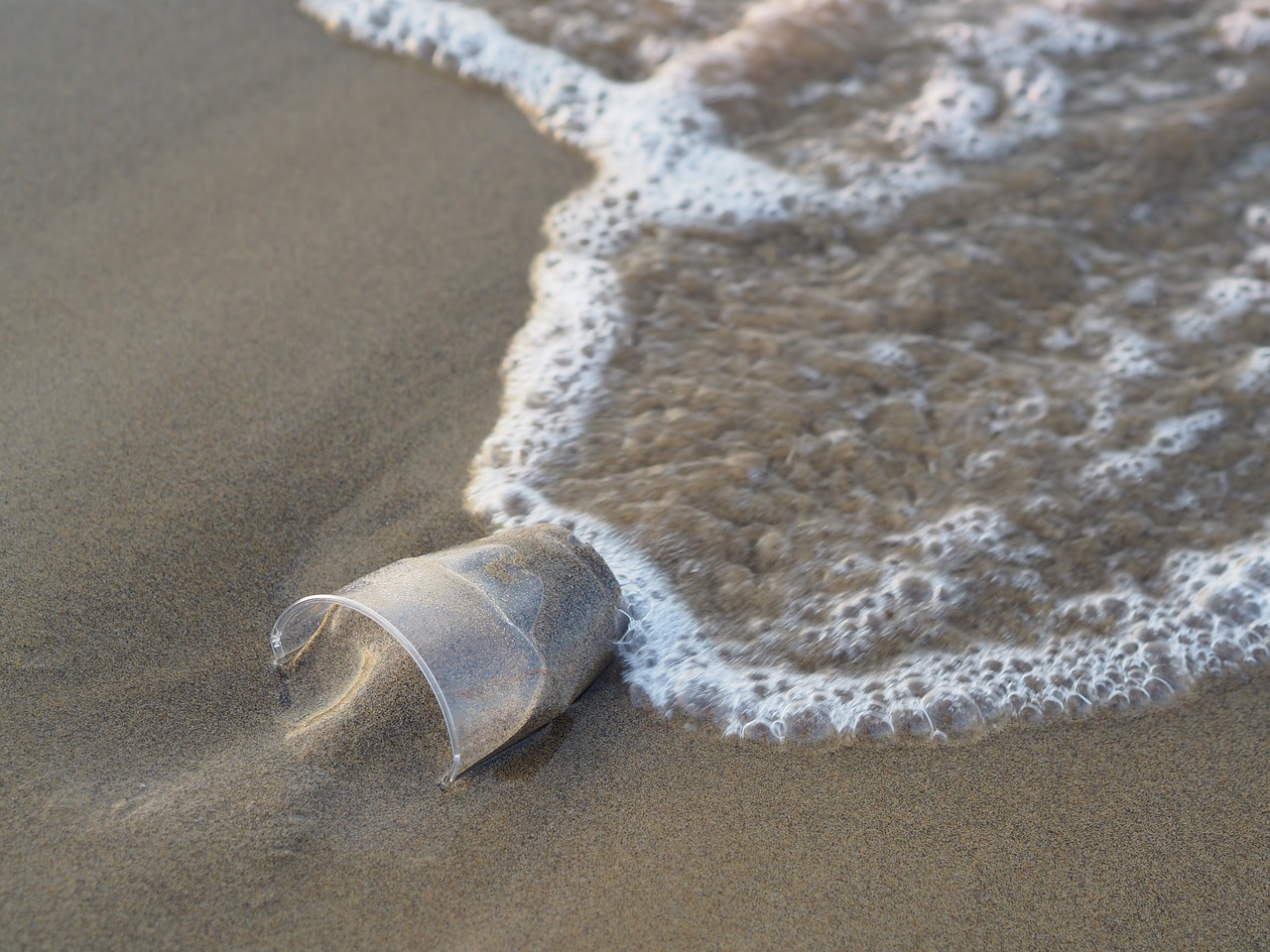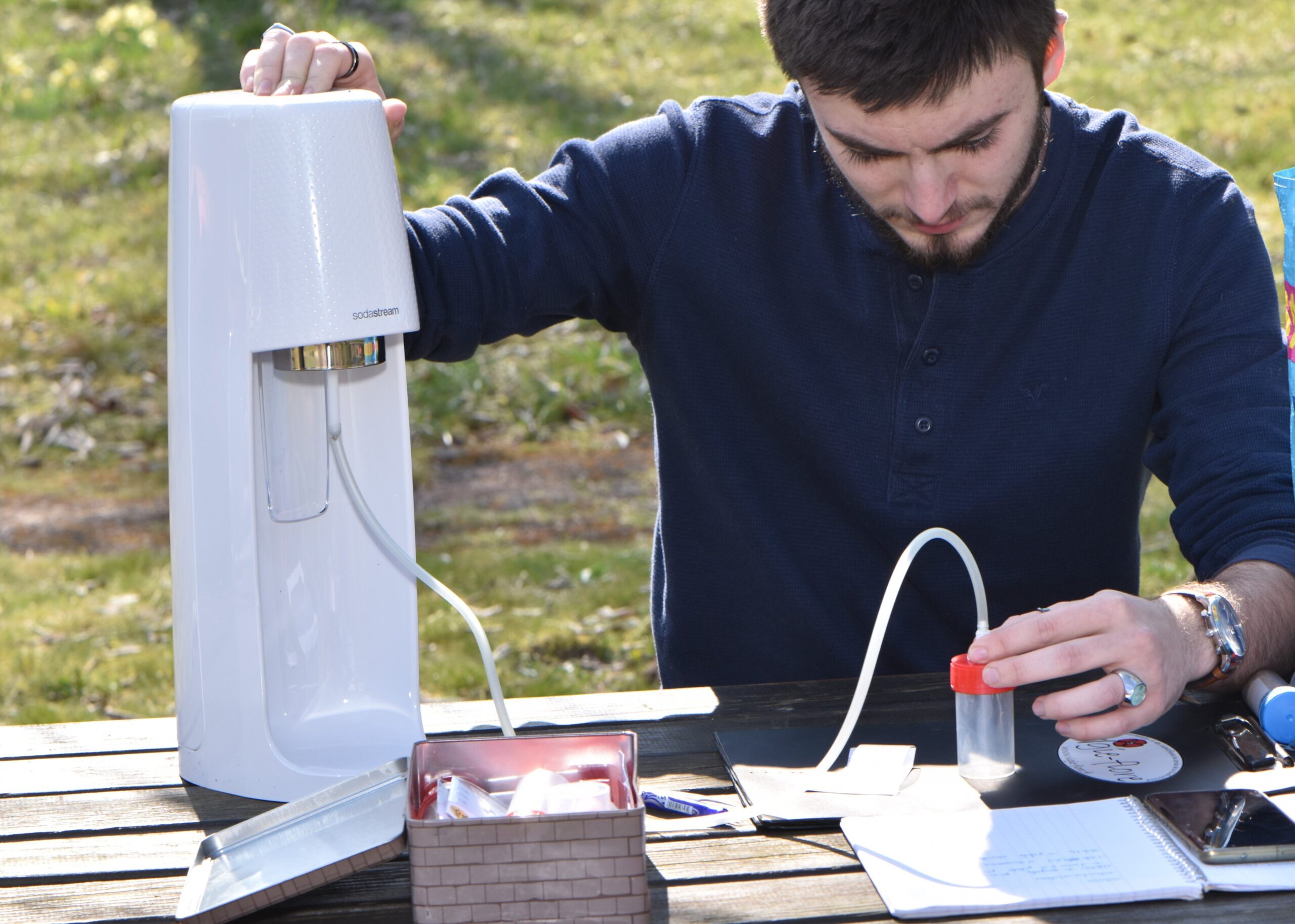In Ottawa, negotiations aimed at signing an international treaty limiting plastic pollution moved in the right direction during a penultimate cycle, which ended Tuesday April 30. A summit placed under the aegis of the United Nations and attended by Marie-France Dignac and Jean-François Ghiglione, two researchers at Sorbonne University. The establishment is the first French university to be accredited by the United Nations Environment Program, allowing it to take part in international negotiations.
"DCFE" Department,
“CoMIC” Team,
“CReA” Team,
“Ecosens” Department,
“FEST” Team,
“Sols_ZC” Department,
Books,
INRAE,
IRD,
Political commitments,
Sorbonne University,
Type of news
Lire la suite / Read more
Ajoutez votre titre ici Lorem ipsum dolor sit amet, consectetur adipiscing elit. Ut elit tellus, luctus nec ullamcorper mattis, pulvinar dapibus leo.
Lire la suite / Read more
The international ecological field station of Lamto of the Nangui Abrogoua University, Ivory Coast History of the station The ecology station of Lamto was created in 1962 by Maxime Lamotte who was directing the laboratory of Zoology of the Ecole Normale Supérieure in Paris, and Jean-Luc Tournier, who was directing the French Institute of Black […]
Lire la suite / Read more
Installing urine collection systems in sub-Saharan city regions would make those conurbations more sustainable. This was demonstrated by a study by four researchers from CIRAD, IRD, Boubakar Bâ University of Tillaberi (Niger) and Joseph Ki-Zerbo University, Ouagadougou (Burkina Faso), published on 3 May 2023 in the journal Regional Environmental Change.
Lire la suite / Read more
A study in Biological Reviews led by researchers from the Institute of ecology and environmental sciences – Paris, the Institute of Systematics, Evolution, Biodiversity and the Center for Ecology and Conservation Sciences makes the synthesis of published knowledge on Mullerian mimicry in aculeate wasps and bees. It argues that aculeates may be one of the most diverse groups of mimetic organisms and that the diversity of their mimetic interactions is currently underexplored.
Lire la suite / Read more
EGU 2023 was held this year in Vienna, Austria from April 23-28. iEES Paris was strongly represented with the participation of 9 of our team members.
“BioDIS” Team,
“EMS” Team,
“F2ZC” Team,
“FEST” Team,
“Sols_ZC” Department,
Anne Pando,
Chalotte Védère,
Christian Hartmann,
Colloquiums,
Conferences,
Cornélia Rumpel,
Events,
Hugo Potier,
Irina Mikajlo,
José Araujo,
Lise Dupont,
Marie-France Dignac,
Nunan Naoise,
Pascal Jouquet,
Yacouba Zi,
Lire la suite / Read more
This study reveals the potential of soda machines to anesthetize pollinators. A gentle way to help study flower visitors and develop automated recognition tools by image analysis using artificial intelligence.
Lire la suite / Read more
The bronze medal rewards initial research that has established a researcher as a specialist in their field. This distinction is a form of encouragement to pursue research that is already well underway and proving successful.
Florence Débarre, CNRS researcher at iEES Paris, is one of the 2022 CNRS talents rewarded for her research in evolutionary ecology and epidemiology and its implications for better understanding the evolution of the COVID19 virus.
Lire la suite / Read more
In the the last years, predatory land flatworms have been introduced in many locations because of the trade of exotic plants. In this article published in Diversity and Distributions, a collaboration between iEES Paris, the National Museum of Natural History and James Cook University aimed to model the global invasion risk of these species. It turns out that they have not colonised all regions at risk yet, which demonstrates a need for increased vigilance in these areas.
Lire la suite / Read more






